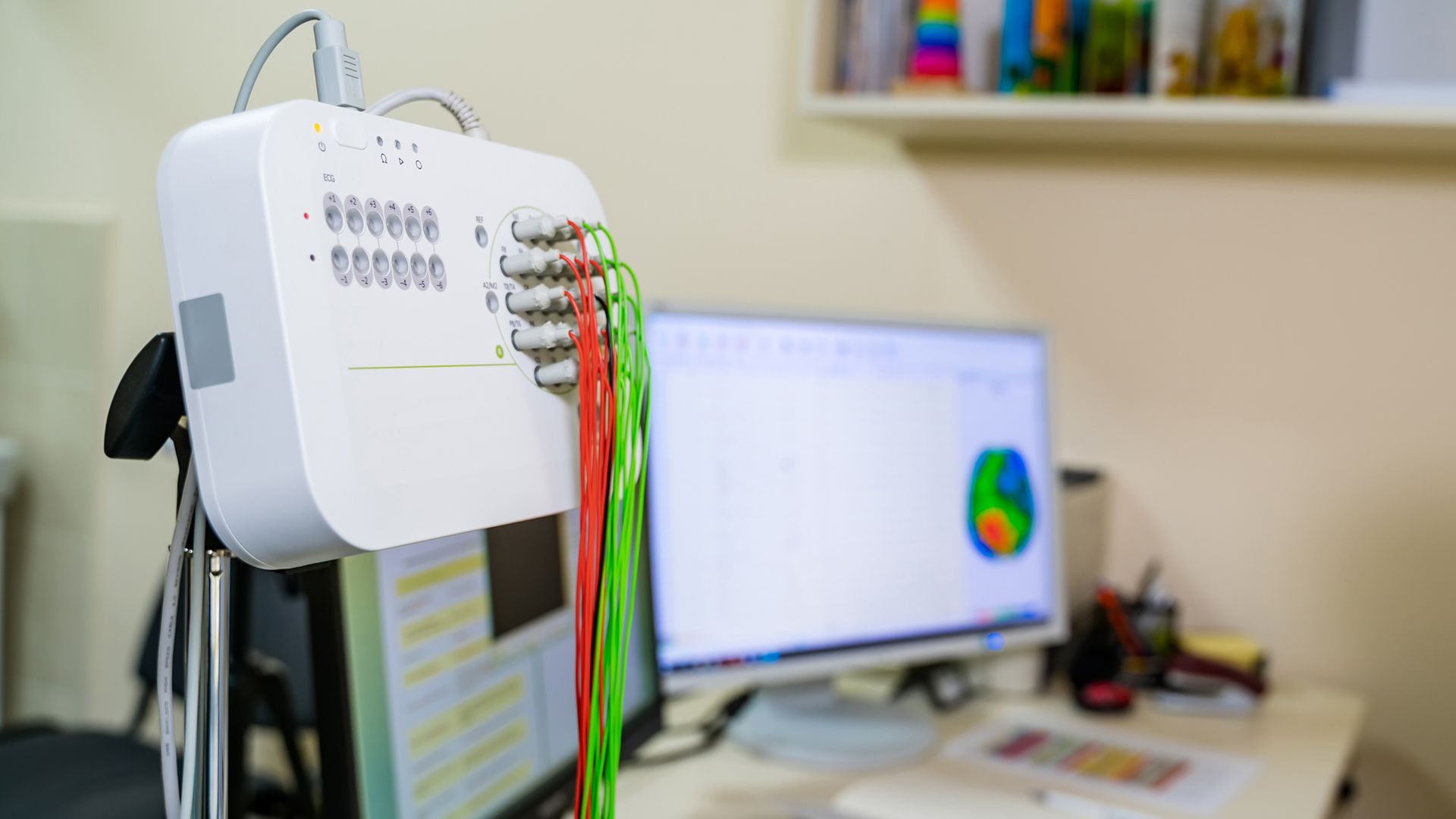If pediatricians prescribed only drugs approved for kids, we'd have a lot of sick kids. So it's extremely common for doctors to prescribe medications off-label for children.
Off-label is the term used when a doctor prescribes a medication for a purpose or age group that the Food and Drug Administration (FDA) has not approved—in other words, that's not spelled out on the label. Yet, off-label prescribing is very common, totally legal and often excellent medicine.
In fact, around 80 percent of medicine used for kids is prescribed off-label. In some cases, there is good research showing that a particular drug is safe and effective in children, but the pharmaceutical company only applied for FDA approval to use the drug in adults—because each separate approval (adults and kids) is a long, costly process.
For example, you probably remember hearing about Prozac being approved for treating kids with depression. Actually, doctors had been prescribing it to children off-label for years. The drug company just had not applied to the FDA for approval for kids.
Albuterol, used for asthma, is another good example. Even though it's only approved for kids over 2 years old, docs regularly prescribe albuterol for children younger than that if it is needed. Not treating asthma is a poor alternative. And albuterol has been used for so long with so much success that it's now generally considered safe.
The downside of a doctor using medications off-label is that pediatricians have to estimate the dosage for kids based on the amount that's been proved effective in adults (or, sometimes, in older children).
Pediatricians have had a lot of experience with this. But there's always some risk of a child getting too much or too little medicine if the dose isn't calculated correctly, so that's why caution is key: I always give the smallest dose possible to do the job in order to minimize the odds that the drug will cause side effects.





